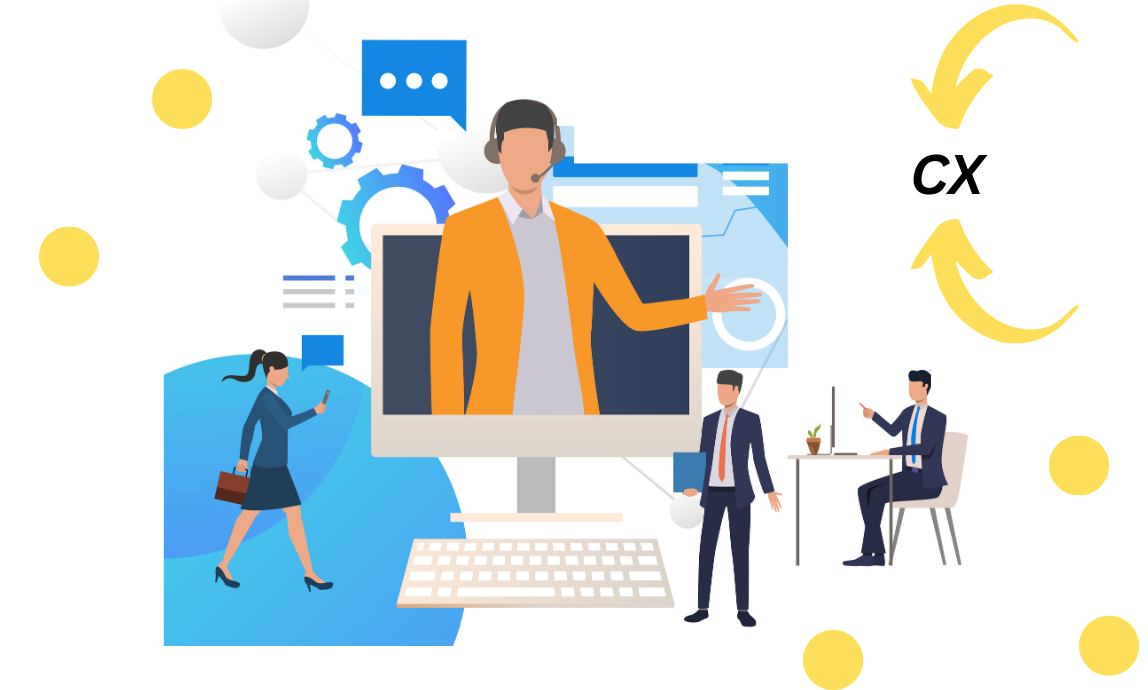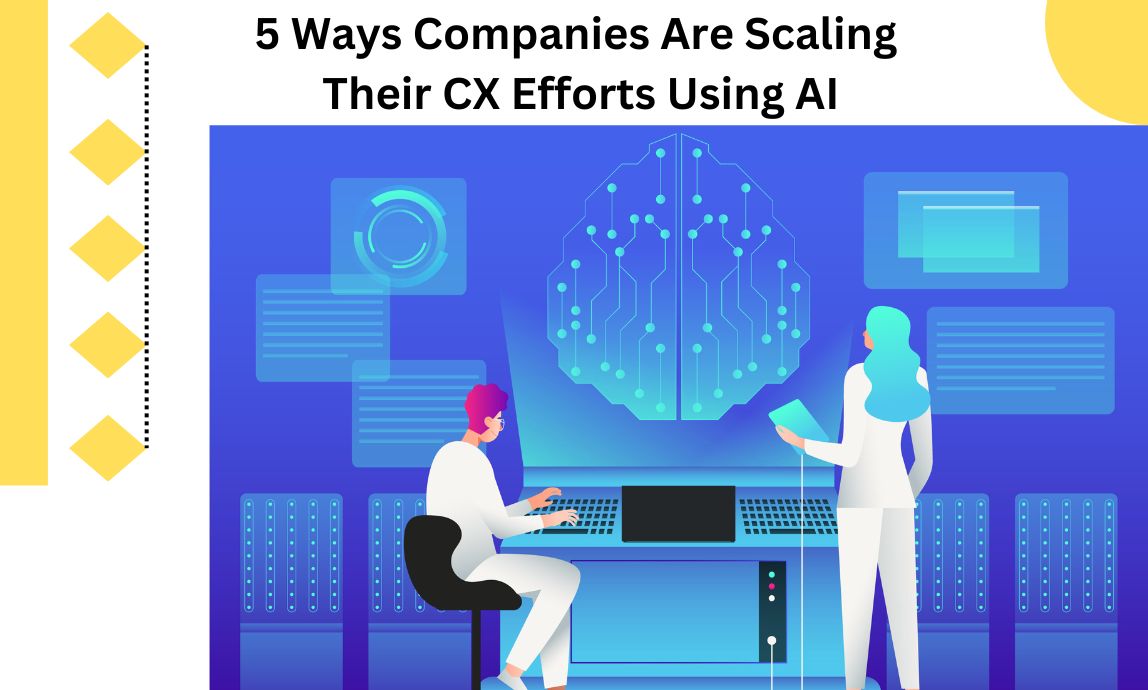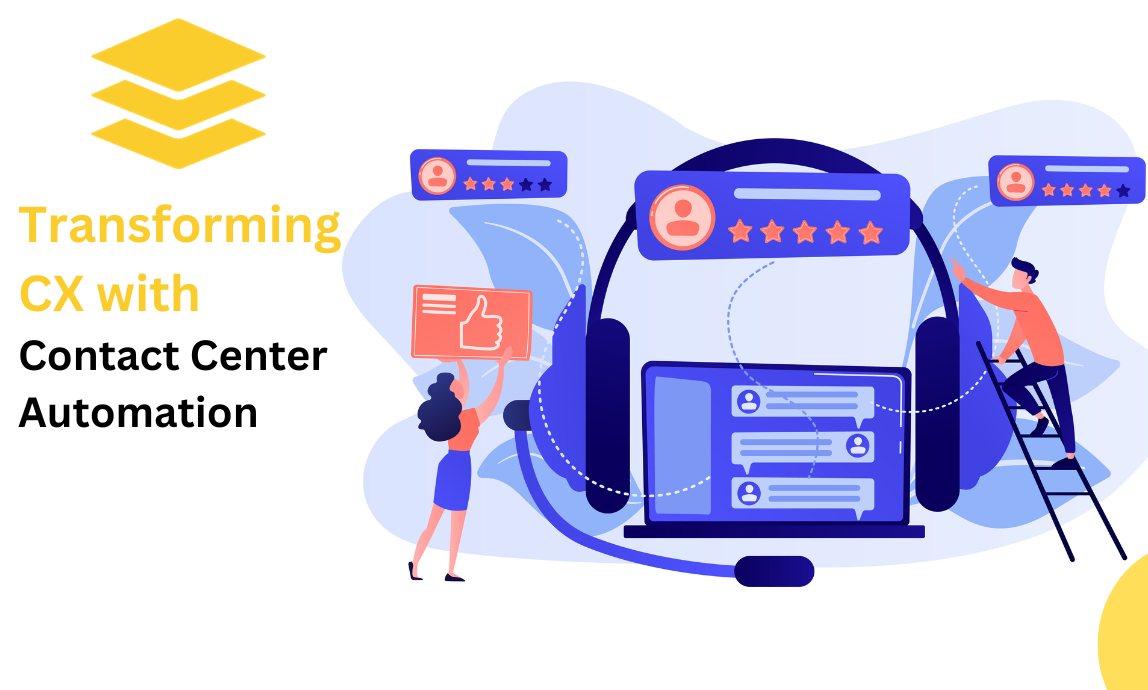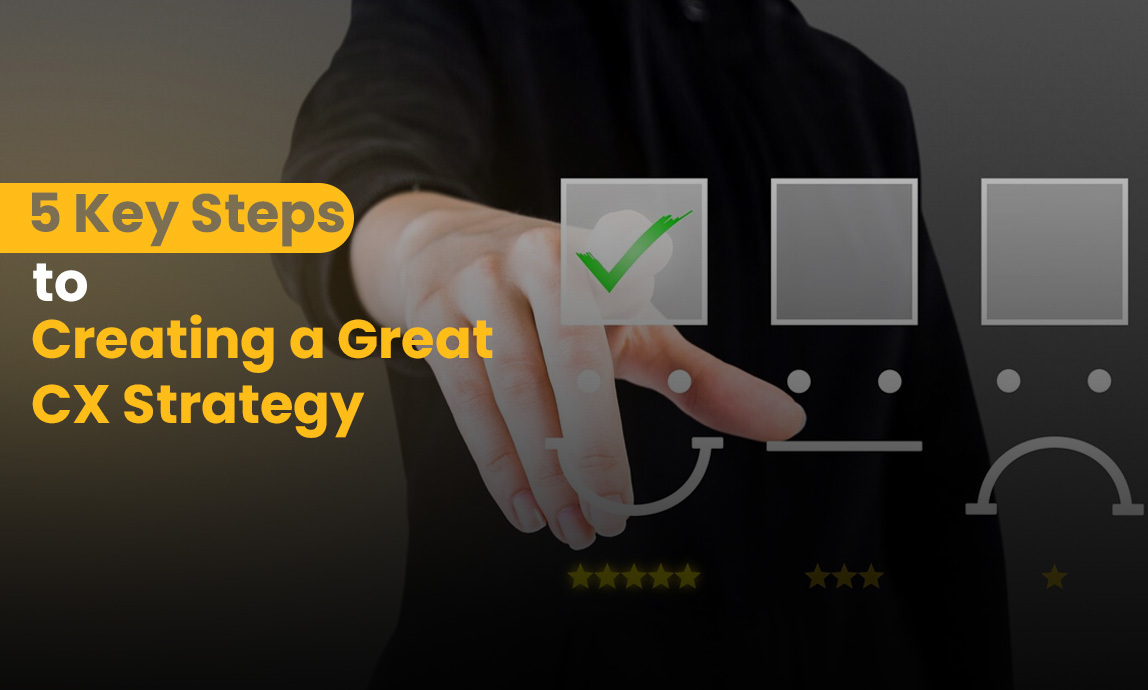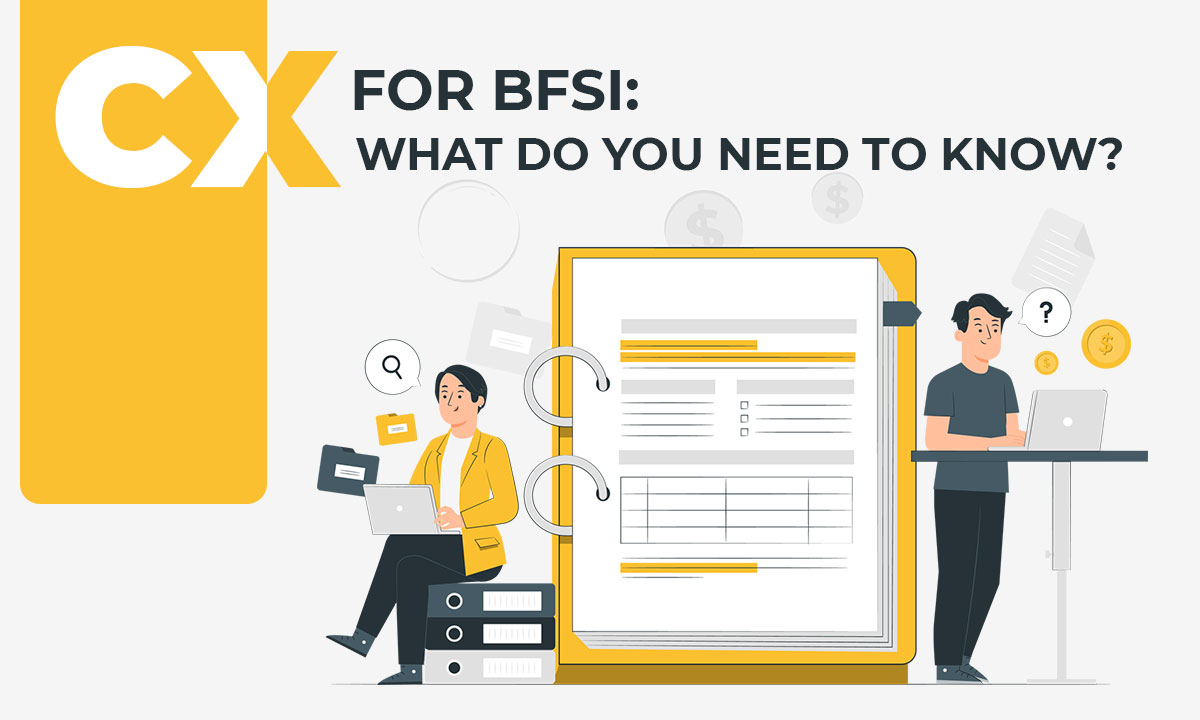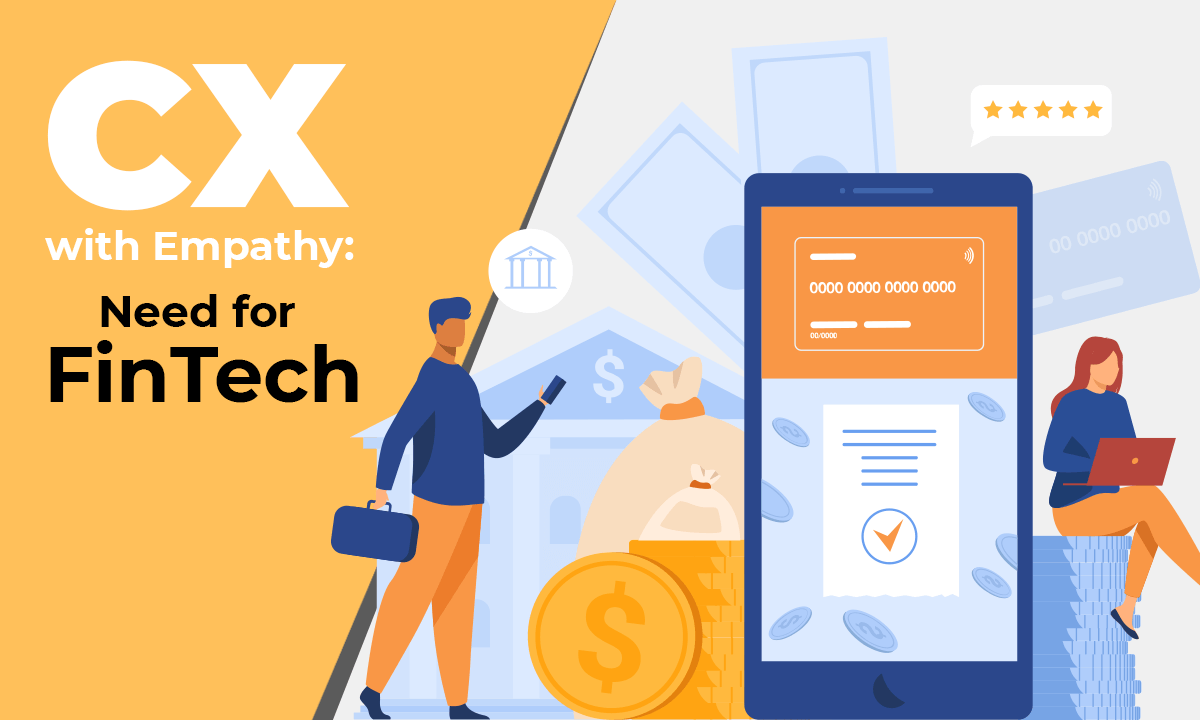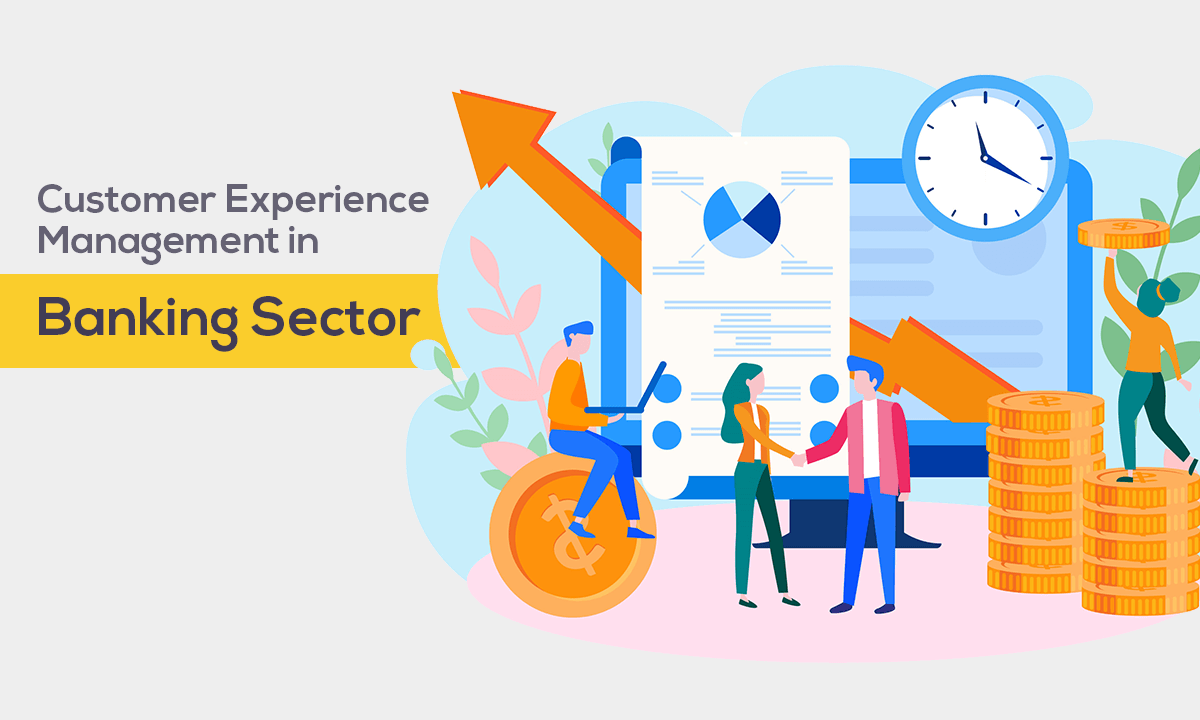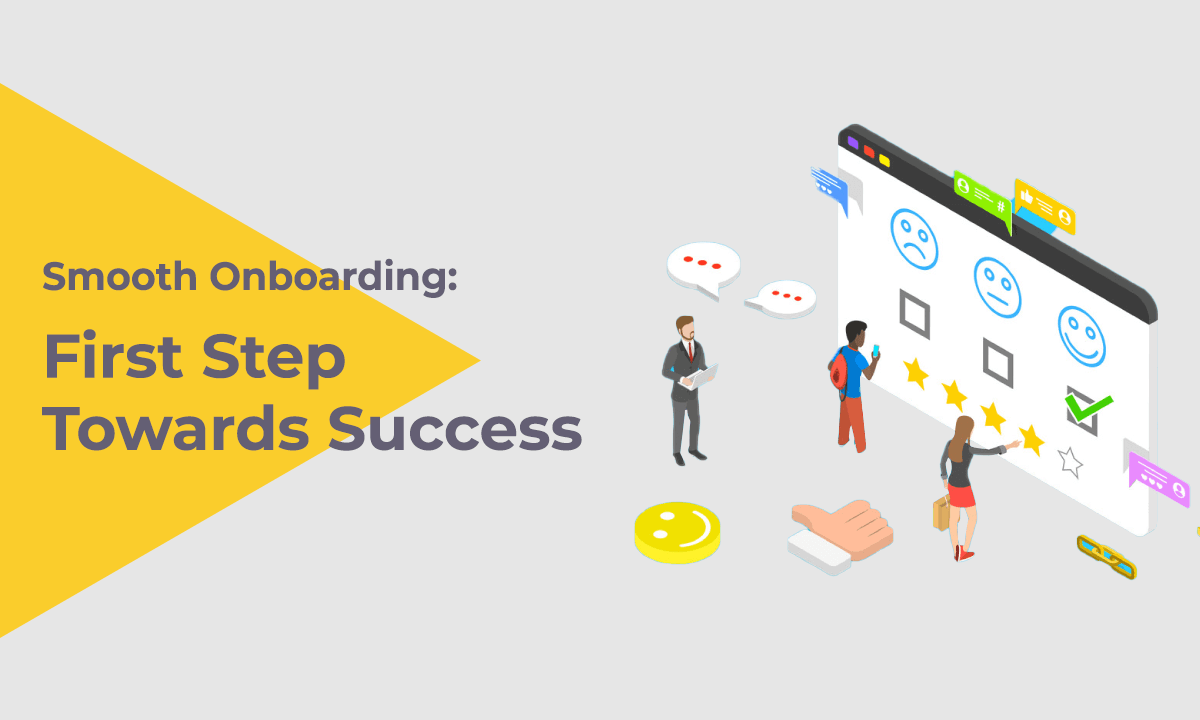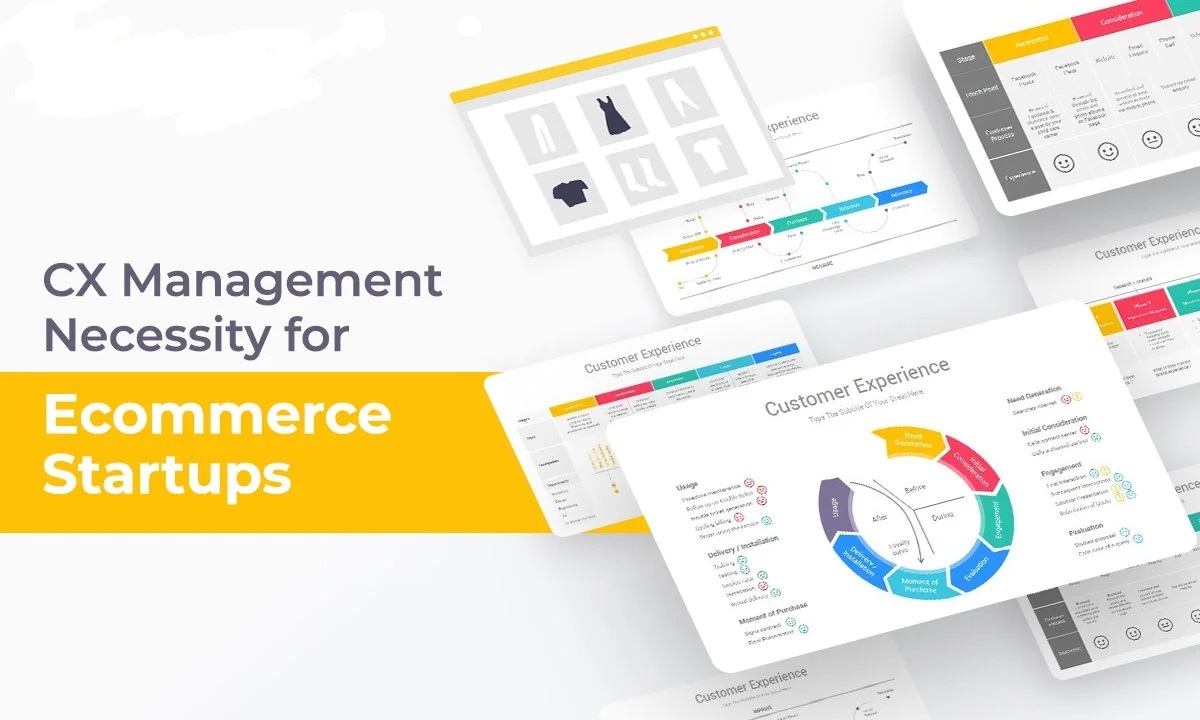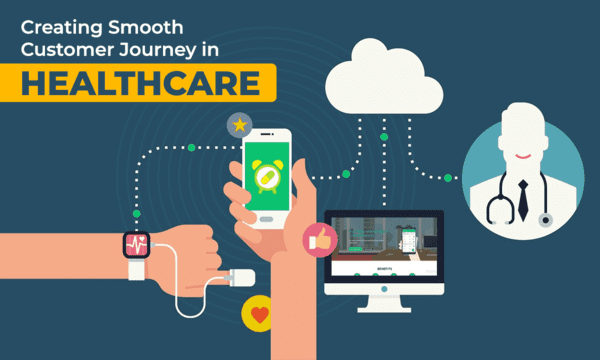
The rise of digital technologies such as the Internet of Things (IoT), Big Data, Artificial Intelligence (AI) as well as Machine Learning (ML) has created a new environment for healthcare. An entirely new perspective on the customer experience.
These kinds of innovations can massively enhance the experience of customers that healthcare companies provide. This can result in a better satisfaction rating for patients and more significant profit.
Statistically speaking, 82% of patients say quality customer service is the most important factor they consider when choosing healthcare. 95% of patients have negative experiences they've experienced within the healthcare industry. But times are changing. Healthcare providers have realized the importance of a patient-centric strategy and how it could increase the customer's lifetime price (CLTV).
Most healthcare providers fail to understand the importance of how a customer-centric approach can completely transform your company. With the advancement of technology in healthcare, patients' expectations, especially for the younger generations, have increased, and, consequently, the lack of quality customer service has increased customer churn.
So, providing the best customer service throughout the healthcare process has become much more accessible than just a few years ago. Let's examine some healthcare-related areas that the upcoming technological trends could enhance:
Experience seamless
An unrivaled experience from beginning to end can be offered to patients through improving interactions between healthcare professionals and the patient at various points. By shifting from choosing health care providers to scheduling appointments, retention throughout the process can be enhanced multiple times through innovative technologies for engaging customers.
Customers are looking for more personalized experiences. They want a personalized and exceptional user experience that can be achieved through technology like AI solutions, real-time interaction, and massive data.
Hyper-personalization
Personalization isn't a new concept in the field of healthcare. However, customers' expectations have made it difficult for healthcare professionals to cope with hyper-personalization.
Personalization in healthcare could now be expanded by predicting possible health risks and providing 24/7 live support via remote. This has led to increased customer loyalty and higher business profits.
Live interaction and help
Health issues for patients and transportation issues make remote health consultations more popular. According to a study conducted by Cisco, "74 percent of patients would prefer visiting a doctor via a virtual visit, rather than an appointment at a walk-in clinic".
Thus, providing live healthcare assistance via video or video chat technology is the current need for many healthcare organizations.
AI and chatbots are being used to improve customer experience in healthcare (CX)
Artificial Intelligence (AI) is responsible for amazing transformations across almost all fields; Healthcare is one of them. By scheduling appointments, categorizing patients, and allowing patients to be admitted, AI could improve the performance of the healthcare industry and the customer experience tremendously.
In reality, studies show that predictive AI methods have been proven to significantly improve the efficiency of overflow patients. An improvement of 60% in the capacity to admit patients and an increase of 21% in discharges of patients were noted. This resulted in a speedier and more pleasant customer experience.
To improve the healthcare customer experience with AI, here are a few ways:
Chatbots
Chatbots are among the most advanced and effective AI technologies to transform any healthcare professional's user experience. The use of bots can make a patient's journey beginning with a search for the options to follow-ups after appointments, significantly more smooth and easy.
Healthcare professionals use chatbots on their mobile and website to ensure that they are available 24/7 for the patients they serve. This provides a better service to the patients and encourages them to stay longer.
Chatbots can also transform the monotonous, repetitive tasks carried out by healthcare professionals, for example, responding to patients' repetitive inquiries or providing crucial guidance. This decreases human error and enhances the overall user experience.
Automation
Healthcare is a field that has many repetitive tasks that could be easily automated. This type of AI automation can increase customer satisfaction, mainly when the tasks are directly related to customers.
Tasks like finding out if a doctor is available, scheduling appointments, eligibility checks, processing insurance claims, and data migrations are very easily automated using AI.
Medical research to provide a personalized patient experience
Artificial Intelligence can be employed to analyze and process vast quantities of data.
For example, AI has been used to analyze a wide range of patient information points to tailor the plans for the healthcare of patients. This means better care and actionable information can be offered to clients that wouldn't be achievable through manual work.
This kind of breakthrough in Customer experience can only be achieved through technological advances. This could help improve your customer-provider relationships to be a lot better.
Conclusion
As digital technology increases and expands, so do the healthcare consumer expectations. Doctor-on-demand, remote web-based consulting service, monitoring remotely, and excellent customer services in healthcare are not an option. They are now essential!
Therefore, healthcare facilities should incorporate remote service options like live and video chats to ensure the most personal and best customer service. Learn more about healthcare solutions from FiveS Digital today.


